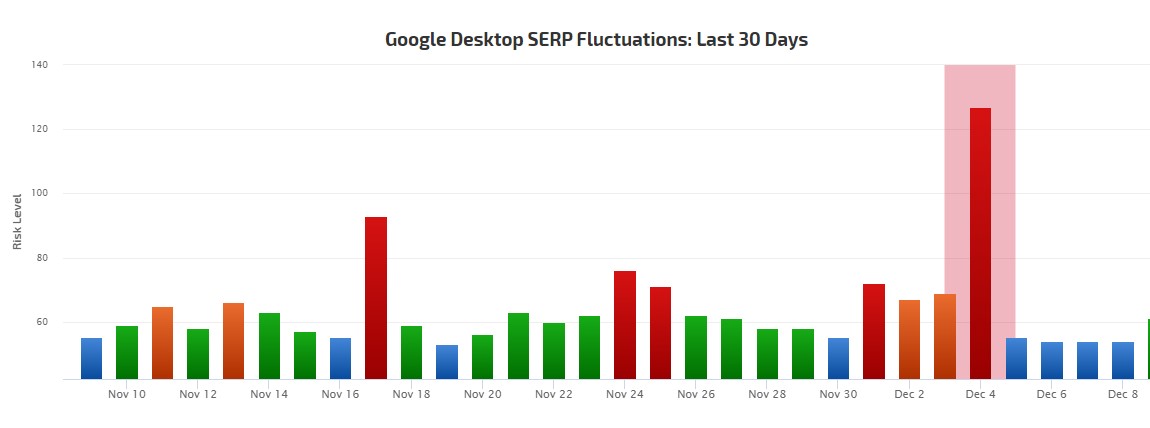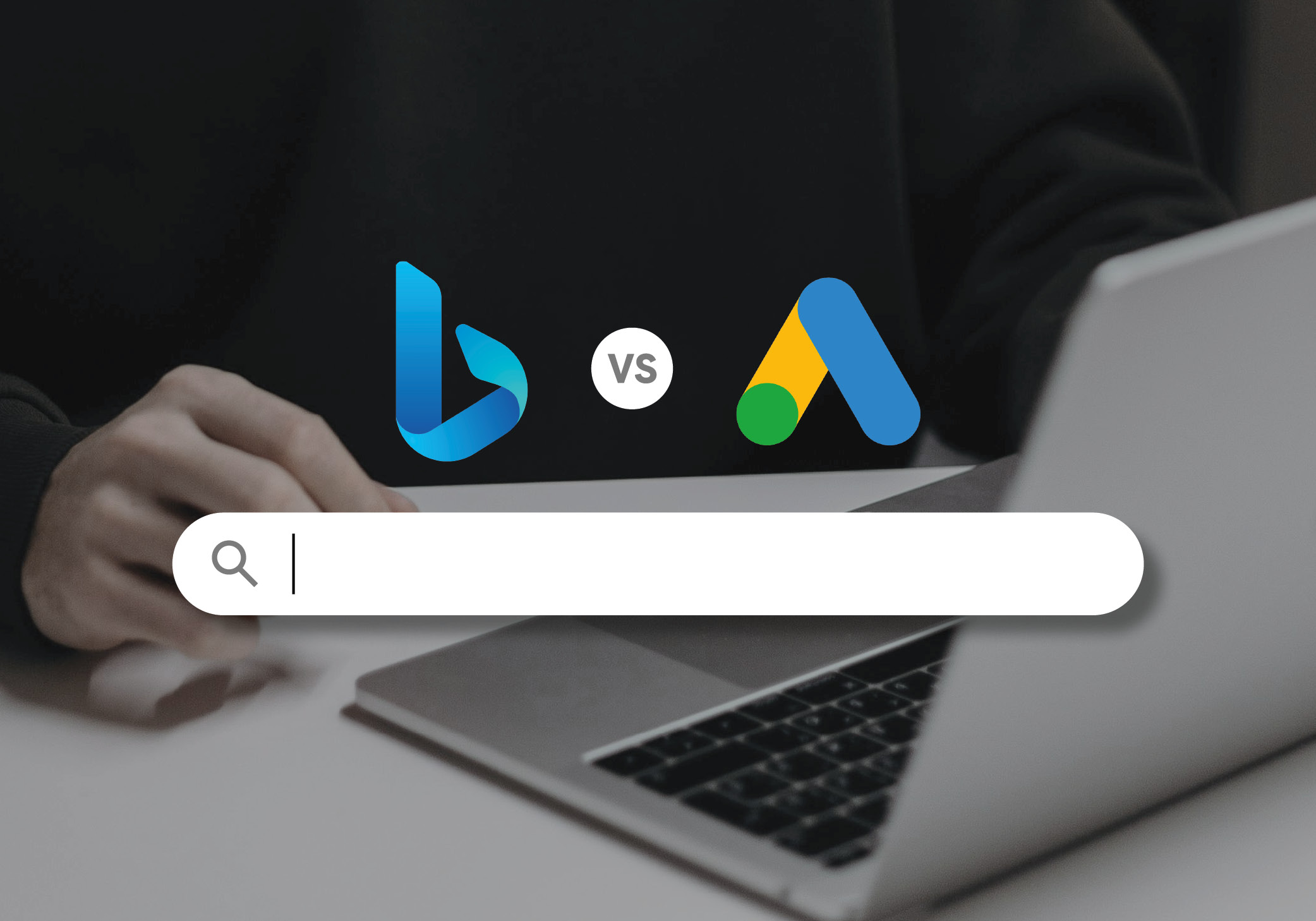Google’s latest update has started rolling out but what does the timing mean, who has been hit and what can you do to mitigate any negative impact?
Google announced on December 3rd that it was rolling out a new core update, the December 2020 Core Update. The announcement hardly comes as a surprise as Google rolls out updates every few months and this is the third core update of 2020, with previous once happening in January and May of this year.
While we may have been expecting a new update a bit earlier in the year – the previous one started rolling out on May 4th, so it has been seven months since – no one was particularly shocked that a third update was announced in 2020. In fact, many SEOs had been ready and waiting for the update since August so the announcement has come as a bit of a relief.

The roll-out started at about 1pm ET (6pm GMT) and will take one to two weeks to fully roll out, which is pretty much standard procedure.
The timing of the update
While many of us have been waiting for Google to announce an update, it does seem a bit strange that it would roll one out just before Christmas. As Google’s former head of webspam, Matt Cutts said on Twitter back in 2013, the company generally tries to avoid big updates before the Christmas season.

While some people have not been happy about the timing of the update, others have had to wait for things to improve since the May 2020 update. Those who were hit negatively by the update have had to wait seven months for any sort of reversal, which is far from ideal during a global pandemic when many companies are struggling.
What we’re seeing so far
Fluctuations in ranking and traffic were being reported a few days before Google’s announcement, which is often the case as Google starts to test its update before the full release.
Since the announcement and continued roll-out, the results have been mixed, which is usually the case. Some sites are reporting traffic gains or decreases of over 30%, with some saying they are seeing even bigger positive or negative results.
The results do seem to be coming in quicker than the May 2020 Broad Core Update though, which took a couple of days for many people to see any evidence of taking place. The largest fluctuations in rankings were recorded by several tools on December 4th, with things seeming to calm down from then.

Fluctuations across industries also appear to be relatively consistent, although some reports are highlighting that travel, retail and real estate sectors have been most affected. It’s also worth noting that some industries have been affected more on mobile and others on desktop, so it is worth checking rankings for both device types.
The size of the update did lead to some speculation that Google may have bundled a Broad Core Update and its passage indexing feature together. Google said back in October that passage indexing would be live by the end of 2020, so releasing it at the same time as an update would make some sense.
However, when asked if this was the case during a video conference, Google’s John Mueller said that the passage indexing feature is not something that Google would include in a core update. However, he also said that he wasn’t sure if it was live yet or not, so it could still be on the way.
What can you do if you’ve been hit by the update?
As usual, Google hasn’t given any new advice on what you can do if you have been negatively hit by the December 2020 Broad Core Update.
The guidance Google posted last August that it has pointed to highlights that being negatively affected by an update does not necessarily mean that a site has violated webmaster guidelines or that it has had a manual or algorithmic action taken against it. According to Google, core updates don’t target specific pages or sites as they are all about improving how content is assessed overall.
Our CEO, Matt Janaway, had this to say about the update:
“It’s always hard to see the true impact of a broad core algorithm update this early on as there is always a lot of noise about ranking changes. While some of these changes will be a result of the update, many will be natural fluctuations that aren’t part of it.
“Having said that, what we are seeing so far is that content is playing a part. Sites with poor or duplicate content appear to have been hit negatively by the update while those who have benefitted appear to have good content across their site. There may not be a correlation, but it will be interesting to see how rankings play out in the coming weeks.”
This means that the only real thing sites can do to improve their rankings after an update-related decline is to reassess their content. You need to ensure that you are providing the best possible content, as well as the best user experience when it comes to accessing that content, in order for Google to improve your rankings again.
You might want to take a look at Google’s search quality rater guidelines, as this could help you improve your content. You’ll also want to make sure that your content follows the E-A-T principle – Expertise, Authoritativeness and Trustworthiness.
Of course, you also need to remember that Google will be tweaking the update and releasing fixes over the next few weeks, which could see rankings fluctuate even more. This doesn’t mean that you shouldn’t make improvements to your content and anything else on your site that could be affecting your SEO performance. However, it does mean that it will likely take some time to see improvements and that the next Google update may undo some of the damage you’ve experienced.
If you need some help assessing and improving your SEO performance or site content, we can help. We are leaders in search engine optimisation and use advanced SEO techniques to help your site get the best results.
Get in touch today to see how we can help.
![How can UGC help with your SEO [2024]](https://marketinglabs.co.uk/wp-content/uploads/2024/03/Mel-and-Matt-on-podcast.jpg)





